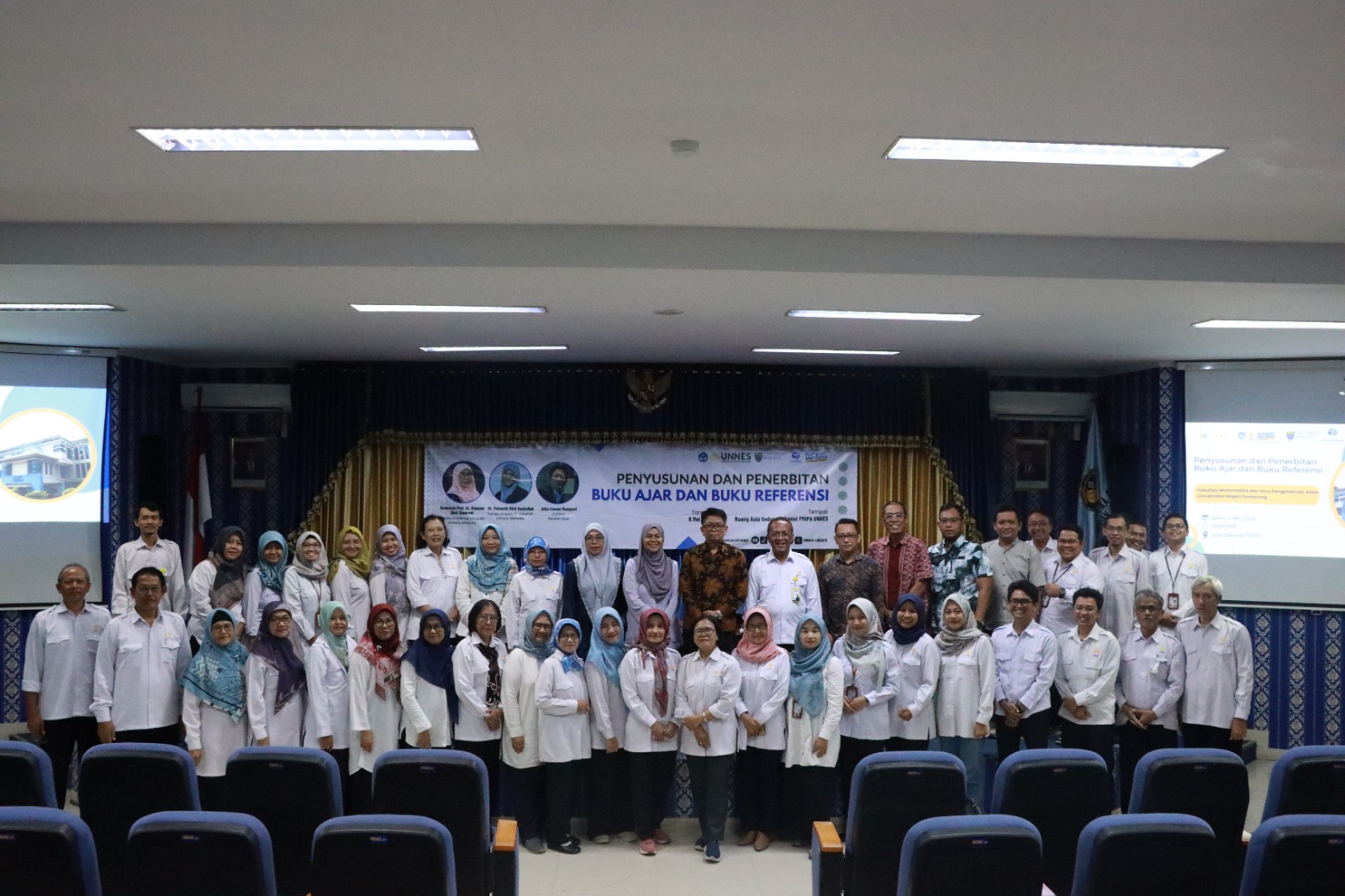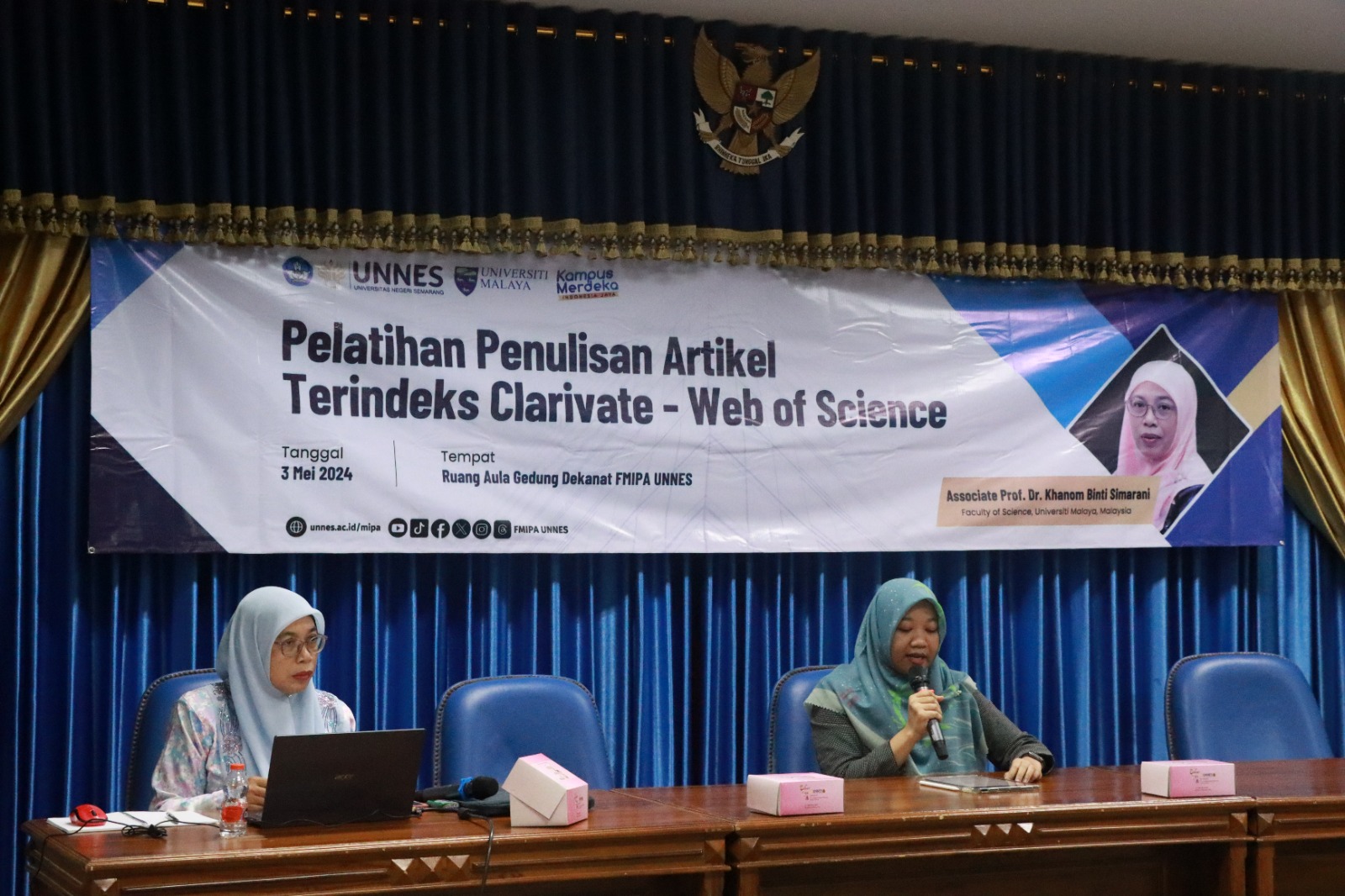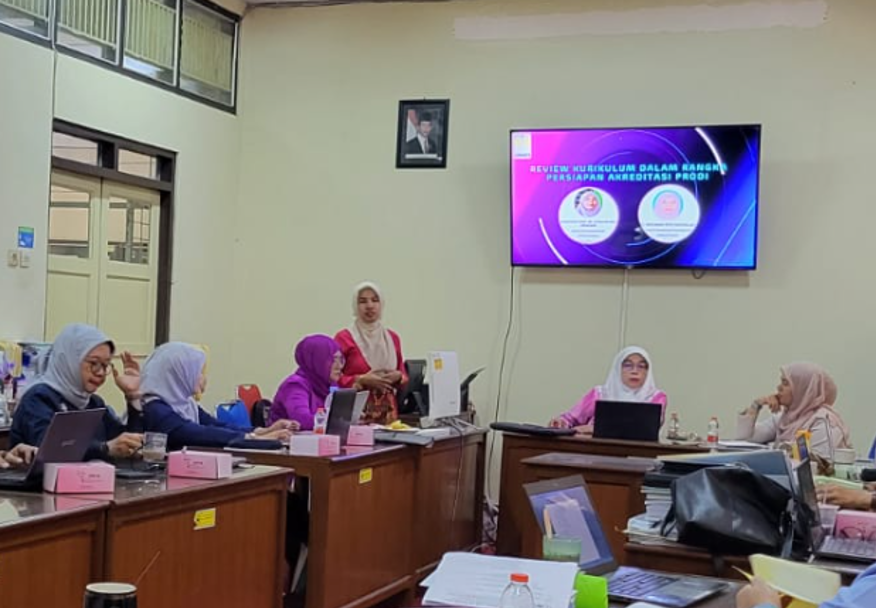
Dengue Fever (DF) is one of the global health problems. Indonesia itself is included in the endemic area of DF. There is a pattern of increasing DF cases every three years in the last decade, namely in 2010, 2013, and 2016 (Yuningsih, 2019). The trend of DF in Indonesia is considered fluctuating but tends to increase. In 2019, the number of DF cases reached 112,954, causing 751 deaths (Ministry of Health of the Republic of Indonesia, 2020). DF is caused by the Aedes aegypti mosquito. In addition to DF, Aedes aegypti is also the main vector for diseases such as dengue fever, yellow fever, and Chikungunya fever (Weetman et al., 2018). Mosquitoes are also vectors for various other diseases, such as Anopheles mosquitoes as the vector for malaria and Anophelini as the vector for filariasis (Andyana et al., 2019). Indonesia’s geographical position in the tropical climate allows disease vectors to thrive. This indicates that mosquito control methods as disease vectors need to be urgently implemented.
One of the strategies to control mosquito vectors that cause diseases has been relying on the use of chemical insecticides, particularly mosquito repellents made of chemical substances. Although chemical repellents are considered useful in reducing and preventing the spread of diseases by mosquito vectors (Paluch et al., 2010), they are not safe for humans, especially for children, as they can cause skin irritation and allergies, such as DEET (N,N-diethyl-3-methylbenzamide) and IR3535 (ethyl butylacetyl aminopropionate), which are unsafe for children and can cause encephalopathy (brain dysfunction) (McHenry & Lacuesta, 2014; Diaz, 2016). Additionally, DEET can cause damage to plastic and other synthetic materials (Ho et al., 2019).
Research by Eden et al. (2020) discusses the use of natural mosquito repellents, specifically the use of Java citronella oil (Cymbopogon winterianus). Java citronella is a plant that grows abundantly in Java, especially in Central Java, hence its name. Cymbopogon winterianus is a plant species native to subtropical regions in Asia, India, and Indonesia. Lemongrass is often used by the Indonesian community as a culinary spice and ingredient in health drinks. People usually utilize the stem of lemongrass by directly applying it on the skin or processing it through distillation to obtain lemongrass oil. Lemongrass oil is traditionally used by the community by squeezing the lemongrass stem and applying it directly to the skin or mixing it with coconut oil. Essential oils from the Cymbopogon family have been widely available on the market and have mosquito repellent activity against Aedes albopictus, Anopheles arabiensis, Culex quinquefasciatus, and Anopheles dirus (Eden et al., 2018; Govere et al., 2000; Tawatsin et al., 2001). Java citronella oil has been registered with the US-EPA (United States Environmental Protection Agency) as an effective and safe mosquito repellent. It has been proven to have low toxicity in animal testing (Sharma et al., 2019).
Citronella oil has three main components that have the potential as mosquito repellents, namely Citronellal, Citronellol, and Geraniol (Wany, 2013). Citronellal is responsible for the characteristic aroma of citronella oil. Geraniol is the main component of geranium oil derived from the Pelargonium reniforme plant. Geranium oil is known as a mosquito repellent available in the international market. Rhodinol, a combination of citronellol and geraniol, has also been tested as a mosquito repellent and is used as a component in baby oil products in Indonesia (Chong et al., 2014). Geraniol and Citronellol are responsible for the rose-like aroma in lemongrass oil. The use of essential oils has been considered as an alternative to chemical mosquito repellents, as they are safe for humans and environmentally friendly. Essential oils are naturally volatile and consist of complex compounds with strong scents. These complex compounds are mostly composed of terpenoids and aromatic compounds such as phenylpropanoids found in various plant species (Ebadollahi et al., 2020).
In the study conducted by Eden et al. (2020), a room fragrance gel formulation using citronella oil as the main ingredient was developed. The gel product aimed to release Citronellal, Citronellol, and Geraniol into the air, effectively repelling Aedes aegypti mosquitoes both indoors and in cars. Additionally, the gel was claimed to provide a pleasant and fresh fragrance while eliminating unpleasant odors. Citronella oil was obtained through fractionation/distillation of lemongrass stems. The resulting oil had a pale yellow color. The gel, based on citronella oil, was formulated using ingredients such as fragrant lemongrass oil, carrageenan gum, sodium benzoate, ethylene glycol, polysorbate 20, sodium chloride, and water. The optimal gel formula had a shelf life of up to 17 days. The repellent activity of Citronellal, Citronellol, and Geraniol against Aedes aegypti mosquitoes reached 78%. Apart from being a mosquito repellent, citronella oil has various other benefits, such as being an antiseptic, antispasmodic (relieves muscle spasms), febrifuge (reduces fever), and diuretic (increases urine output for hypertensive patients) (Lawless, 2002). Essential oils are a potential commodity for development due to the abundant medicinal plant resources in Indonesia. Fragrant lemongrass oil is one of the promising commodities among the 12 types of essential oils exported by Indonesia. Export data from BPS (Central Bureau of Statistics) shows that fragrant lemongrass oil contributes 6.89% to the total essential oil export revenue, ranking third after patchouli oil and vetiver oil (Sulaswatty et al., 2019). Considering its significant benefits and abundant availability, it is hoped that through research involving essential oils, the potential of fragrant lemongrass oil in Indonesia can further develop.
WILLY TIRZA EDEN, S. Farm., M. Sc. is a lecturer in the Department of Chemistry and also serves as the Head of the Pharmacy Undergraduate Program in the Department of Chemistry. Several research studies conducted by the author have been published in reputable national and international journals. The author is currently an active member of several professional organizations.




